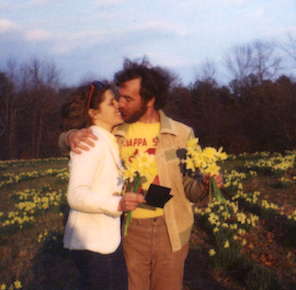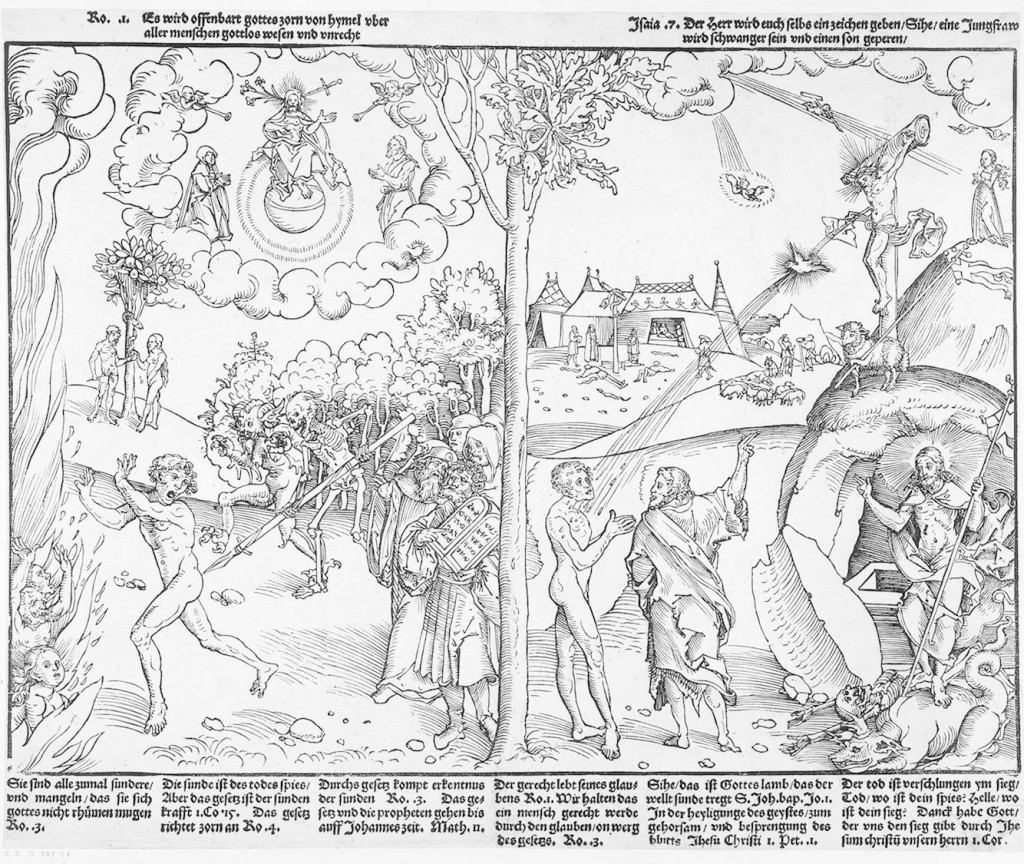
 While listening to music, I’ve found there are certain details or aspects in songs that I will tend to gravitate toward or focus on more. A lot of times, these aspects can, in a sense, make or break a song for me and can be something as menial as a specific chord change, a song’s particular drum sound or pattern, a short musical riff, etc. When I gravitate toward an aspect like this, I tend to disregard a lot of other elements in the song to the point where if that one aspect were missing, I might not enjoy the song otherwise.
While listening to music, I’ve found there are certain details or aspects in songs that I will tend to gravitate toward or focus on more. A lot of times, these aspects can, in a sense, make or break a song for me and can be something as menial as a specific chord change, a song’s particular drum sound or pattern, a short musical riff, etc. When I gravitate toward an aspect like this, I tend to disregard a lot of other elements in the song to the point where if that one aspect were missing, I might not enjoy the song otherwise.
One aspect that I’ve found myself particularly drawn to a lot though is songs that have disparaging or contrasting tones and elements that would normally not fit together. Ugly and beautiful. Chaotic and serene. Loud and quiet. Bleak and joyful. Lots of bands have made careers out of blending and exploring the tension between elements like this–The Pixies, Animal Collective, Explosions In The Sky, to name a few—but I’ve noticed recently that I am most intrigued by songs where this aspect takes somewhat of a narrative form. More specifically: when a song has a dark or chaotic beginning that is juxtaposed with a beautiful or joyful ending. This sort of aural shift in mood works best when it happens quickly or unexpectedly and creates a somewhat surprising emotional effect for me.
Instrumental post-rock virtuosos Godspeed You! Black Emperor recently released the first song excerpt from their forthcoming album, Asunder, Sweet And Other Distress, and it exemplifies notably this sonic about-face. The song, titled “Peasantry or ‘Light! Inside of Light!”, starts out as a dark funereal march that crawls around in a sense of gloom, repeating variations of the same distorted doom metal-esque dirge. Godspeed tensely plays these bleak variations until about halfway through when a violin begins to play a contrastingly bright melody, piercing the dark of the band’s motif. After a few bars playing solo, the rest of the nine-piece band seems to hear what the violin is doing and decides to join in as each instrument gradually starts playing a similar variation of the violin’s melody. As this takes place, the mood of the song shifts tremendously from one of gloom to one of bliss rather quickly. It happens so subtly though, almost imperceptibly at first, that while listening, it’s hard to pinpoint just exactly when the shift took place. As the song concludes, Godspeed play out one of most gorgeous outros they’ve ever written that is as joyful as it is cathartic.
I admire the emotional narrative that bands like Godspeed can create using solely sonic or non-verbal dynamic shifts in a song like “Peasantry or ‘Light! Inside of Light!”. Songs like this create a sense of unease or anxiety initially that lasts for just long enough, almost to the point where I’m tempted to change the song. When the sudden or unexpected mood shift does occur, it feels so welcomed or sought after and renders the beginning of the song in a new light. As the first half of “Peasantry or ‘Light! Inside of Light!” fosters a feeling of dread, the end becomes a moment to catch one’s breath–an inhalation of air after being under for too long. It’s a somewhat simple compositional change, but it can have a profound emotional effect on the listener.
My favorite recent example of this though is electronic artist Ricky Eat Acid’s “In rural Virginia; watching glowing lights crawl from the dark corners of the room” from his excellent Three Love Songs album from late last year. “In rural Virginia…” works from a much simpler palette and starts with a recording of a fire-and-brimstone preacher casting forth warnings of “deliberate disobedience” and God dealing with us when we choose our wills over His. Distorted, staticky synths begin to surge and swell around the preacher, increasing in volume to the point of almost discomfort around the two-minute mark. Then, as if they were unplugged suddenly, the distorted synths disappear and only serene ambient chords remain. The rest of the song floats along these ambient tones with a reverbed piano and the preacher’s tone barely perceptible in the background. When the preacher’s voice finally comes back into focus towards the end of the song, his tone is calmer, more tender, speaking of fruits (or as he recasts them: “flowers”) of the spirit. While maybe a little heavy handed in it’s narrative, Ricky’s simple yet effective sonic message acts as a sort of sonic declaration of the gospel that manages to silence the shouting and ever present voice of the law.
I realize this might be a little too on the nose, but I’ve noticed this aural law/gospel paradigm in many songs with this sort of sonic narrative–not only in the somewhat explicitly stated “In rural Virginia…” but in “Peasantry or ‘Light! Inside of Light!”‘s stifling dread of the law followed by the joyful catharsis of the gospel as well. Songs that follow this narrative parallel the emotional or psychological experience we have of hearing the law in all it’s anxiety inducing dread followed by the gospel’s sudden and unexpected love and freedom. While not actually proclaiming anything explicitly or audibly law/gospel, the emotional effect for me is similar and a small, if not odd, reminder of the power of the gospel on poor, worn-out sinners such a myself. A friend once told me that once you begin to grasp the law/gospel distinction, you begin to see it everywhere. Not just in religious or theological circles, but also in our social relationships, family dynamics, the workplace, social and economic principles, art/culture, etc. And hell, maybe even in something as unexpected and menial as the sonic dynamics of a song, too.

COMMENTS
Leave a Reply












